
May 7 , 2022
By Mihretu Becherenetu
The world is full of conflicts and crises with no end in sight. It was a time for the United Nations to act decisively but these days it is acting more like the League of Nations, writes Mihretu Becherenetu (mihretubecherenetu@gmail.com).
On April 24, the International Day of Multilateralism and Diplomacy for Peace was celebrated. In reality, it was less of a celebration and more of a remembrance because multilateralism – as a vehicle for the peaceful settlement of disputes – has little to show for itself.
The global news is dominated by the Russian invasion of Ukraine. This is not the only conflict, though. We do not hear or see about others that much in the mainstream media. The number of armed conflicts has continued to increase globally. At least 39 states were seeing militarised conflict in 2020 (five more than in 2019), according to the flagship 2020 report of the Stockholm International Peace Research Institute. Twenty of these are in Africa.
Both new, including the Ethiopian civil war, and persistent conflicts like the Israel-Palestinian crisis or protracted wars in Yemen or Libya, remain without any fruitful and sustainable path toward a peaceful resolution. Nonetheless, they are causing unspeakable human tragedy, economic destruction, social tensions and the collapse of a sense of community. Add to these the devastating impacts of the COVID-19 pandemic and the latest impacts of the Russia-Ukraine war on developing countries that are seeing soaring costs of living and exacerbated food and energy crises - the world has little to celebrate about multilateralism and diplomacy.
In 2018, when the United Nations celebrated the same charter on peace, it committed "to settle disputes through peaceful means." In their resolution, the UN member states also expressed their support for multilateralism and diplomacy to promote sustainable development, peace and security, and human rights, which are interlinked and mutually reinforcing. As usual, these are lofty ideals. The Achilles heel is, as always, a lack of implementation. It reminds one of a parable in the Bible where a son promises to obey his father's instructions but proceeds to do the opposite.
These members of the UN came in 2018 to strengthen multilateral diplomacy. Nevertheless, beginning with COVID-19 and the many armed conflicts and wars, they acted to sustainably address neither the ongoing conflicts nor the impacts of the pandemic.
The UN Secretary-General promised to implement preventive diplomacy – taking global action before violence breaks out. Then, no concrete and comprehensive peace initiative were presented, except general statements, before the Russian-Ukrainian conflict or the Ethiopian civil war broke. In both cases, trends show the very likely outbreak of clashes.
The primary responsibility for the maintenance of international peace and security is the duty of the UN Security Council. It has become a dysfunctional body losing its legitimacy and reflecting the power configuration of the 1940s, not fit for the 21st-century peace-making process. The UN Secretary-General is like a CEO whose board remains paralysed. Technology has progressed much faster than the global political and security architecture – which is almost outdated – could catch up. Whatever economic progress we have could be at risk of destruction without a proper international instrument to address transnational conflicts and geopolitical tensions.
In this context, the UN Secretary-General Antonio Guterres rightly stated that the international system is broken in his statement on the Multilateral and Diplomacy day.
"The principles at the heart of multilateral cooperation are under the most significant strain since the founding of the United Nations,” he continued.
Unfortunately, the Secretary-General provided nothing concrete to address the broken system of multilateral diplomacy. No doubt, it is finally up to each sovereign state to work for peace. But the UN Security Council and the Secretary-General have a lot to support in realising effective diplomacy that could settle conflicts peacefully. It is depressing to see the world going from crisis to crisis through the process of crisis. From the pandemic to the Russia-Ukraine war and its devastating impacts on the global food and energy markets, developing countries, particularly the poor, suffer disproportionately.
Multilateralism is the only option to address complex global challenges through a universal approach. Unfortunately, it is taken for granted. Multilateralism is not only essential to settle conflicts peacefully; it is imperative to make phone calls to another country, travel abroad, and make things happen that we think are routine.
Why do planes not collide like cars? It is because there are transnational systems that work to facilitate seamless air control.
The world seems to have completely forgotten that multilateralism contributed in so many ways – some visible, others unknown to us – and enabled us to survive and thrive as the global human community. Thanks to multilateralism, since 1884, when the International Meridian Conference was held, we have understood timing in different countries. This appears trivial. The point is that we cannot operate properly without an effective multilateral system both to address our shared global challenges and harness the benefits of trade, investment and tourism.
As the UN system is at the centre of multilateral diplomacy, it needs genuine reform to deliver global public goods such as peace, security, and prosperity.
“The League of Nations did not fail because of its principles or conceptions," Winston Churchill once said. "It failed because those principles were deserted by those states which brought it into being.”
Our UN could also face the same fate if its members do not act decisively with the highest sense of urgency.
PUBLISHED ON
May 07,2022 [ VOL
23 , NO
1149]

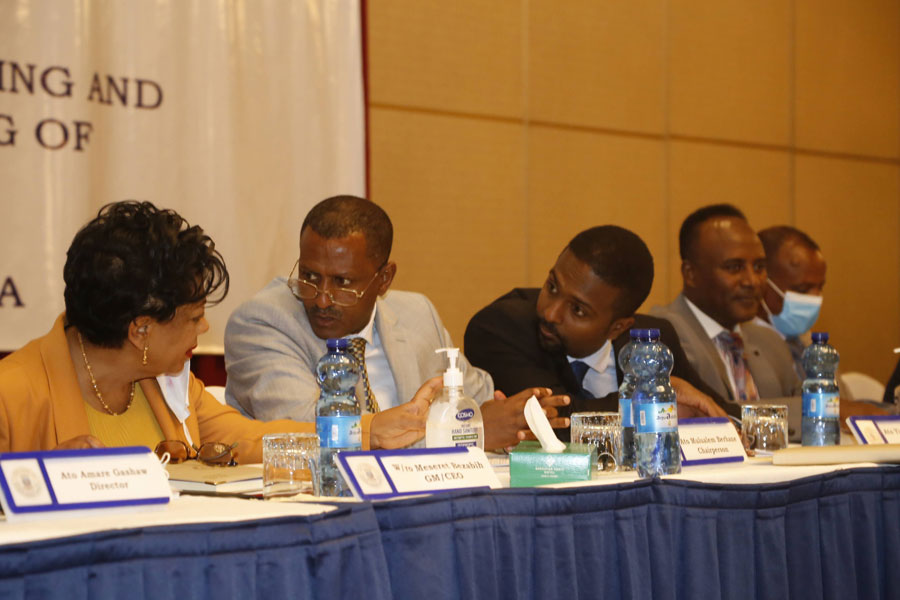
Fortune News | Nov 20,2021

Fortune News | Apr 20,2019
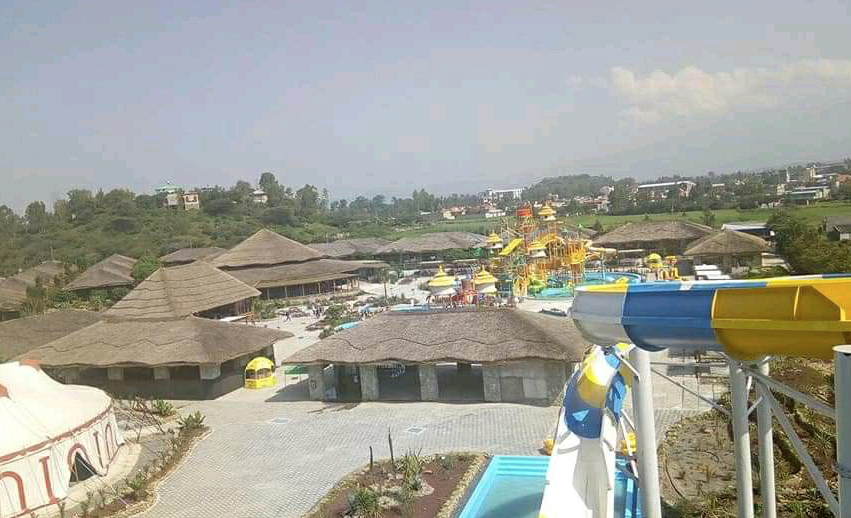
Fortune News | Aug 31,2019
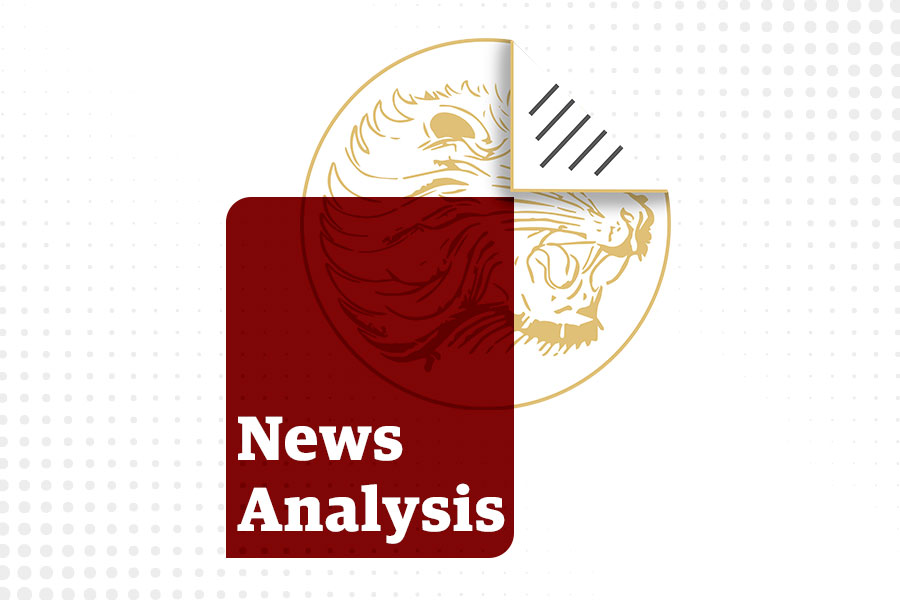
News Analysis | May 04,2024

Commentaries | May 31,2020
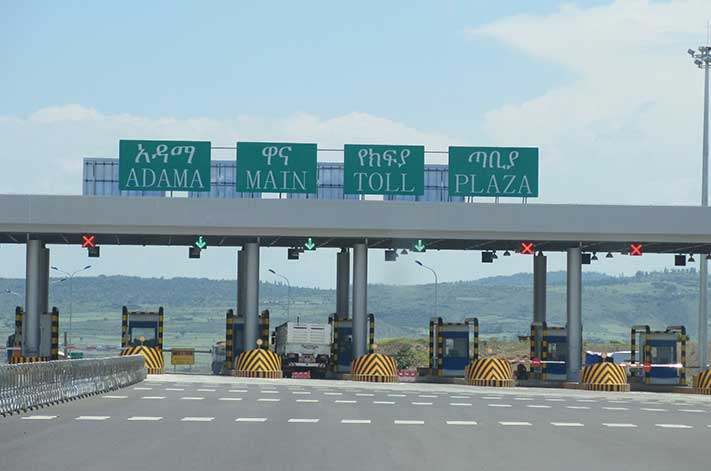
Fortune News | Oct 19,2019

Radar | Feb 22,2020
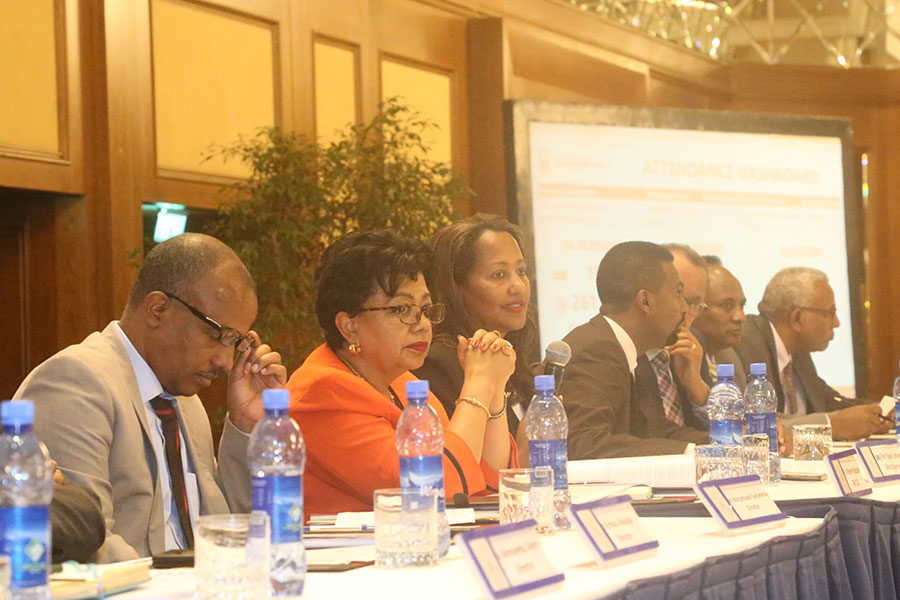
Fortune News | Jan 07,2023
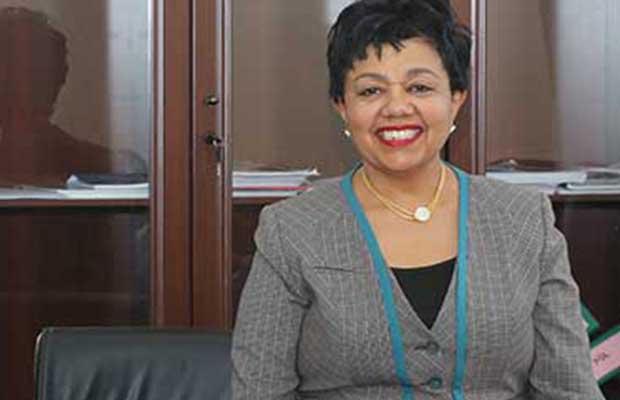
Exclusive Interviews | Jan 05,2020
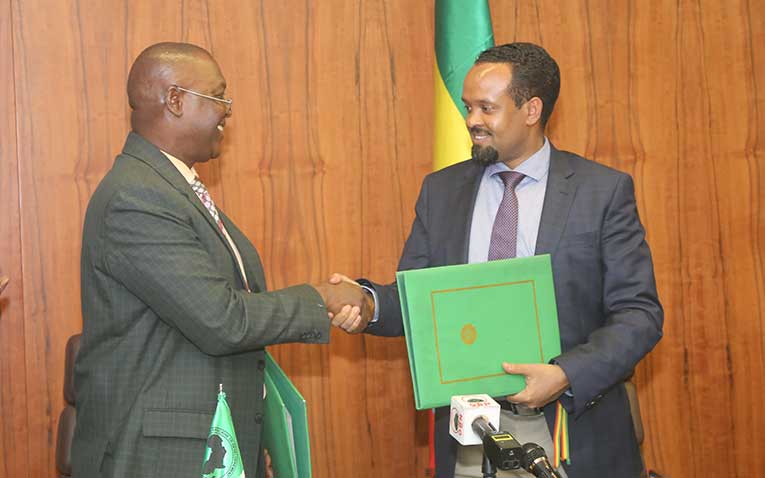
Fortune News | Aug 10,2019

My Opinion | 131674 Views | Aug 14,2021

My Opinion | 128040 Views | Aug 21,2021

My Opinion | 126002 Views | Sep 10,2021

My Opinion | 123625 Views | Aug 07,2021

Dec 22 , 2024 . By TIZITA SHEWAFERAW
Charged with transforming colossal state-owned enterprises into modern and competitiv...

Aug 18 , 2024 . By AKSAH ITALO
Although predictable Yonas Zerihun's job in the ride-hailing service is not immune to...

Jul 28 , 2024 . By TIZITA SHEWAFERAW
Unhabitual, perhaps too many, Samuel Gebreyohannes, 38, used to occasionally enjoy a couple of beers at breakfast. However, he recently swit...

Jul 13 , 2024 . By AKSAH ITALO
Investors who rely on tractors, trucks, and field vehicles for commuting, transporting commodities, and f...

Jun 28 , 2025
Meseret Damtie, the assertive auditor general, has never been shy about naming names...

Jun 21 , 2025
A well-worn adage says, “Budget is not destiny, but it is direction.” Examining t...

Jun 14 , 2025
Yet again, the Horn of Africa is bracing for trouble. A region already frayed by wars...

Jun 7 , 2025
Few promises shine brighter in Addis Abeba than the pledge of a roof for every family...

Jun 29 , 2025
Addis Abeba's first rains have coincided with a sweeping rise in private school tuition, prompting the city's education...

Jun 29 , 2025 . By BEZAWIT HULUAGER
Central Bank Governor Mamo Mihretu claimed a bold reconfiguration of monetary policy...

Jun 29 , 2025 . By BEZAWIT HULUAGER
The federal government is betting on a sweeping overhaul of the driver licensing regi...

Jun 29 , 2025 . By NAHOM AYELE
Gadaa Bank has listed 1.2 million shares on the Ethiopian Securities Exchange (ESX),...